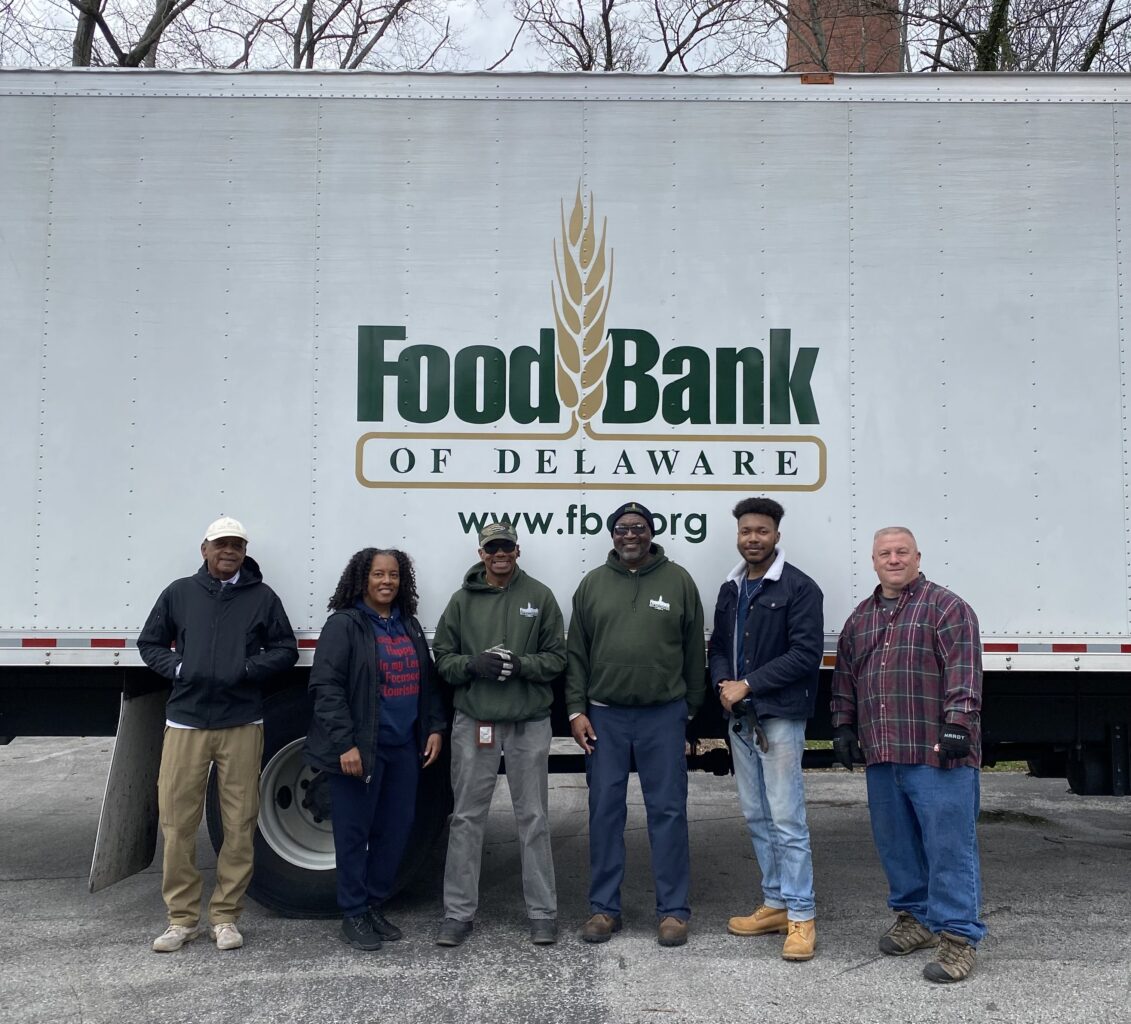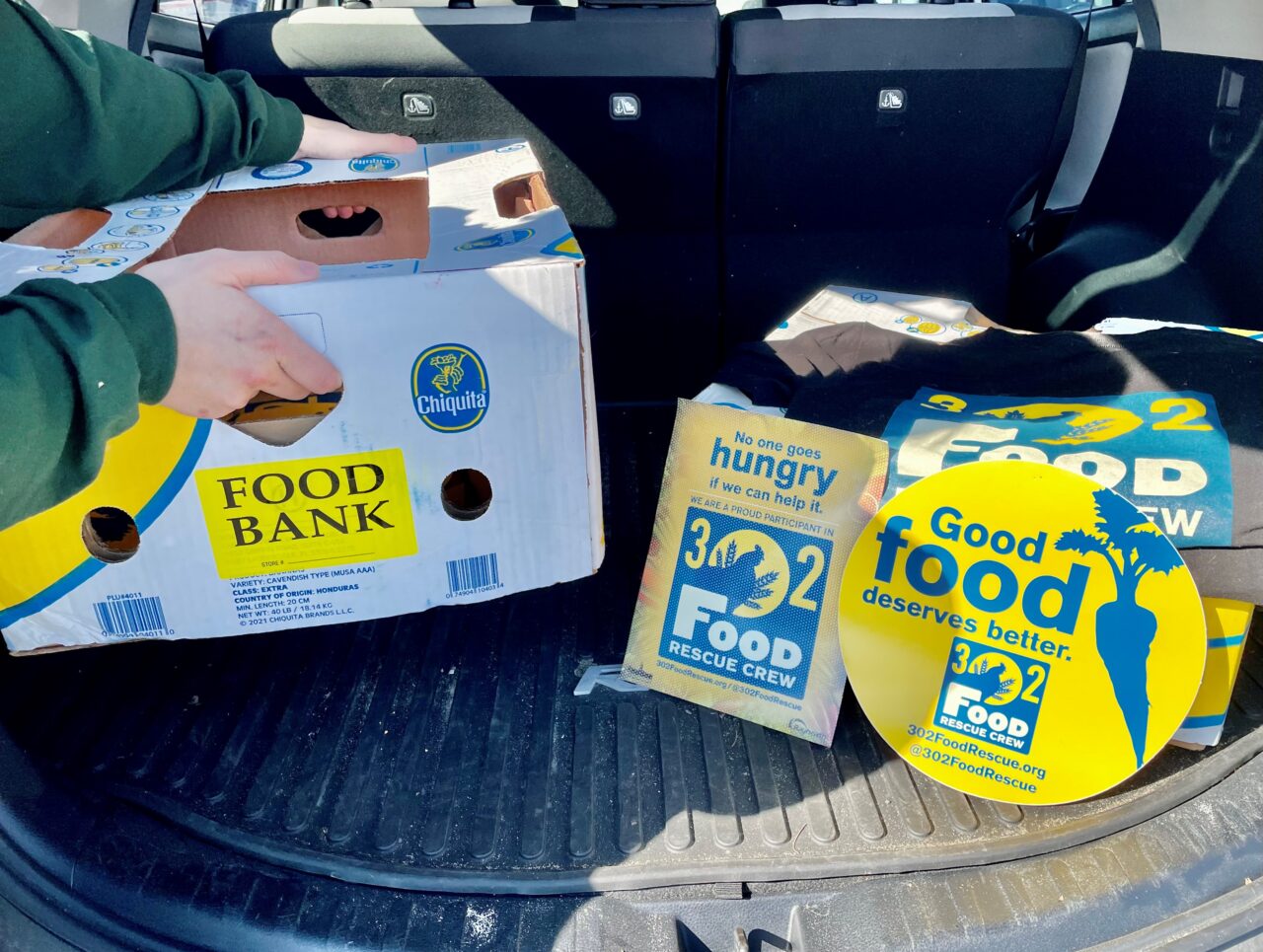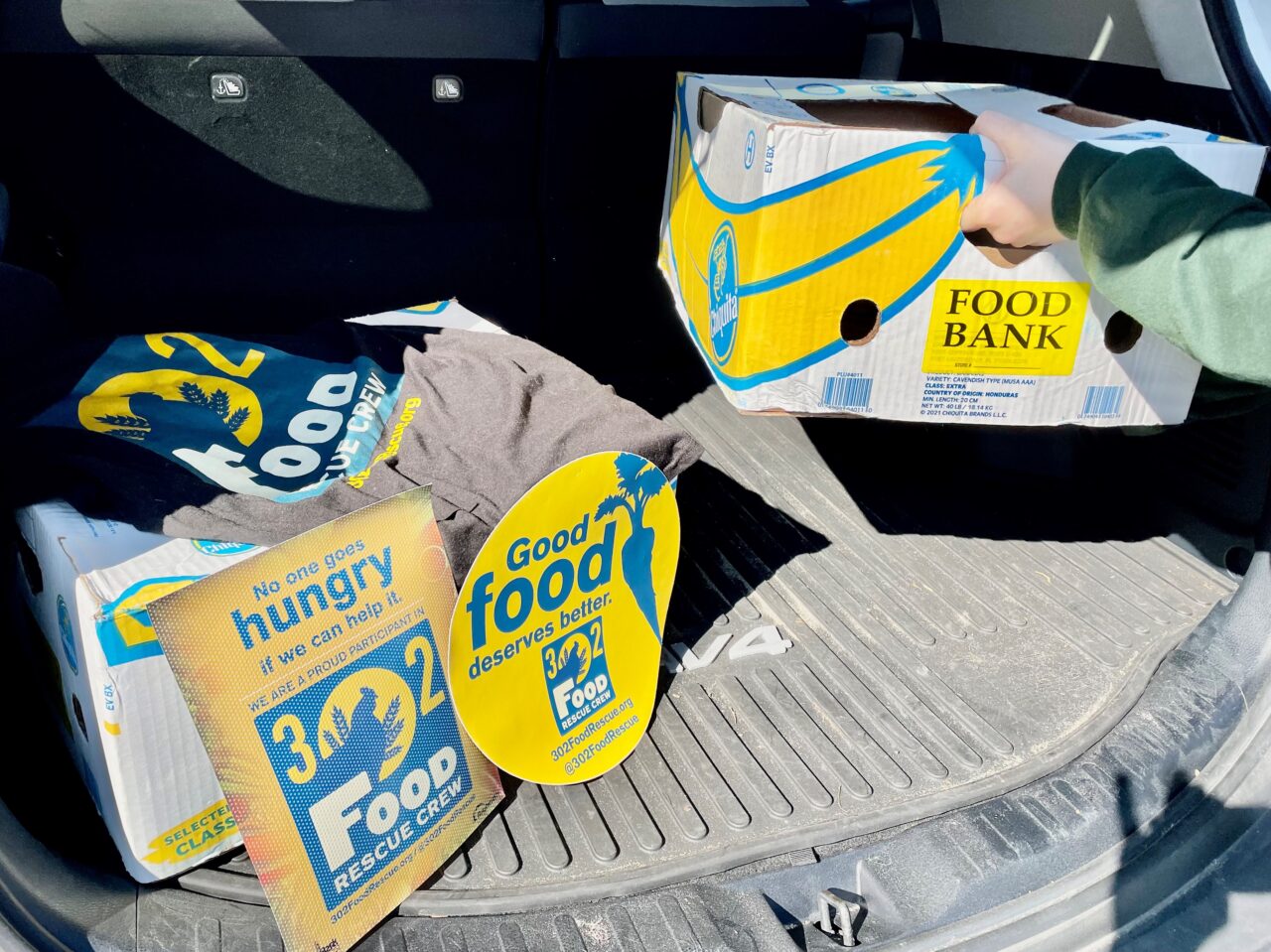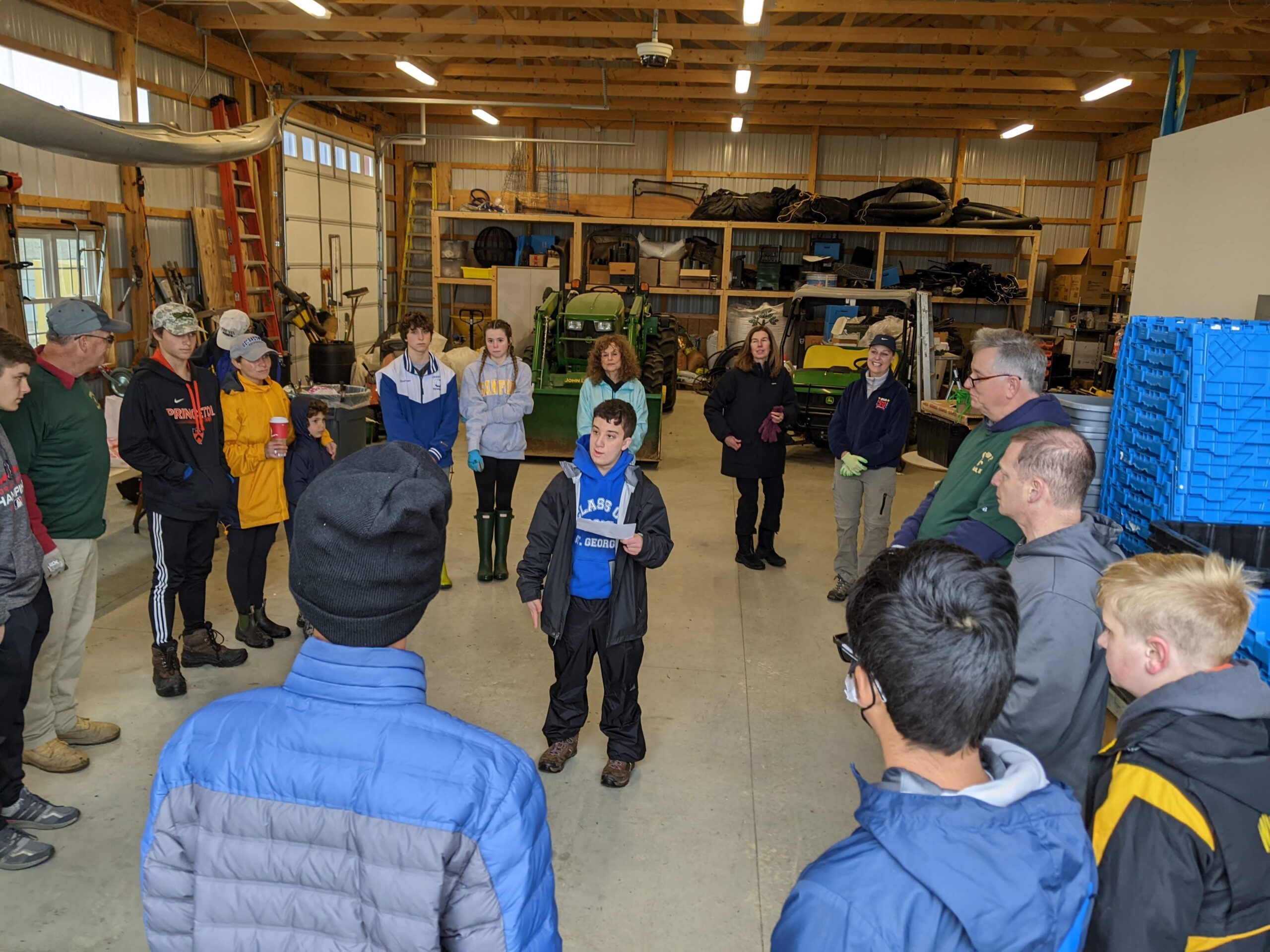Volunteering helps hungry neighbors, provides intangible rewards
July 6, 2020
When the coronavirus struck in mid-March, Brian Gildemeyer was – like many people – stuck at home, and he started investigating how he could help others. Making masks was out of the question. “I can’t sew. I don’t have that skill set,” he said.
Gildemeyer is an emergency preparedness manager for Exelon Corporation who also teaches fitness classes at the University of Delaware, in other words, a person who’s not content to sit around and do nothing, even during the COVID-19 pandemic.
“Everything was closed down. I looked for virtual opportunities and opportunities to get out of the house. I came across the Food Bank, and I thought ‘Why not? I had nothing else to do,’” he said.
Gildemeyer was pleasantly surprised that volunteering two or three shifts a week at the Food Bank of Delaware’s Newark site provided a more satisfying experience than he had envisioned.
“I really like that I can see the value of helping. I can see where it’s going,” he said. “The Food Bank operates on limited resources, and now more and more people are turning to the Food Bank for help.”
As a trained meteorologist and a disaster science manager, Gildemeyer offered another observation about his time spent in the volunteer room. “What I really enjoy is the Food Bank, Wes (Chandler, volunteer program manager) and Joe (Certesio, volunteer coordinator) have the workers’ safety and well being in mind. They observe social distancing. They encourage us to wash our hands after touching the product, and they are cognizant of one person per table. I like the safety aspect. They are not careless when operating the machines and moving pallets.”
On a personal level, Gildemeyer discovered that his two-hour shift is therapeutic, relieves some stress, and offers an opportunity to meet some new people. Volunteers typically sort food products and pack food for those we serve, including families, seniors, and children’s backpacks. “Yes. It’s routine, but I’ve found success in knowing the more boxes we fill, the more families get fed. That’s my motivation,” he said.
In addition, this volunteer experience created a chance to look at the COVID-19 pandemic with a new perspective. “I like to count my blessings. I have a steady job, and I’m able to put food on the table. A lot of people don’t have that now,” Gildemeyer said.
Last year, the Food Bank had 15,947 visits, or 41,359 donated hours. That’s the equivalent of 20 full-time staff. Unfortunately, according to a new study by Feeding America, the nation’s largest hunger-relief organization, food insecurity here is expected to increase due to COVID-19.
The study shows that pre-pandemic, in Delaware 121,850 people, including 38,680 children, did not have adequate access to healthy, nutritious food. The new study, released earlier this month, demonstrates that in our state – factoring in projected unemployment – that number is likely to increase by 50,080, including 18,590 children.
Gildemeyer recently volunteered to help at a recent mass distribution held at Glasgow High School, working outside during a cold, pouring rain. “It was amazing to see, the big assembly lines, the National Guard helping. There was a little girl in the back of a car holding up a paper sign that said ‘Thank you.’ She was probably 3 or 4, too young to really know what it was all about. That made a positive impression of me, made it all worthwhile. That’s my contribution to coronavirus,” he said.
Visit www.fbd.org to learn how to contribute to the Food Bank of Delaware’s efforts to eradicate hunger.









